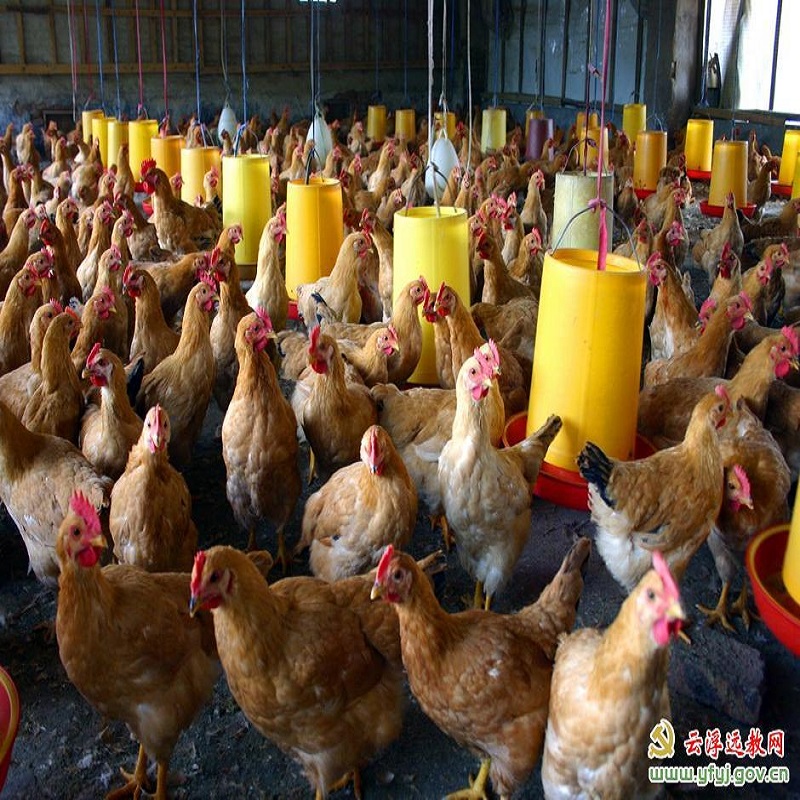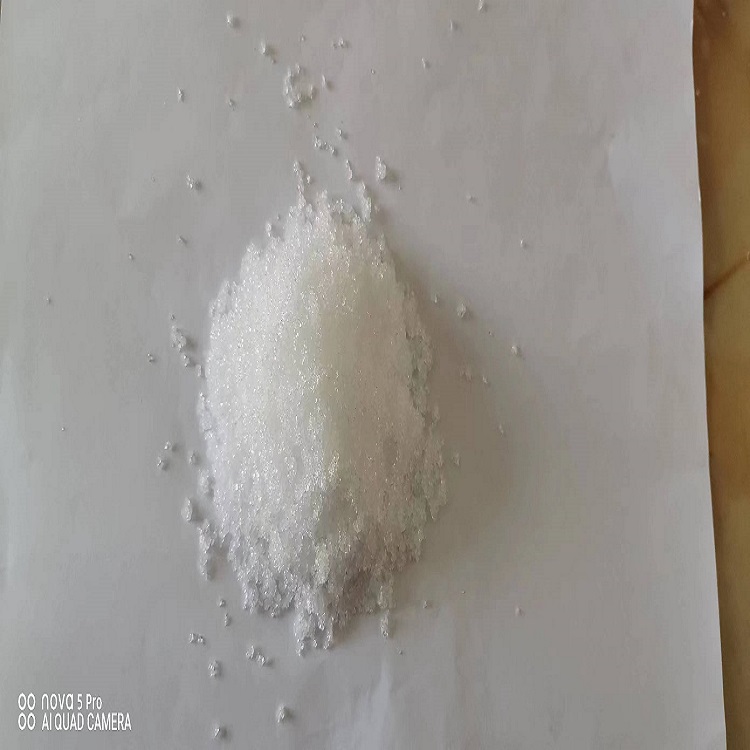What is the growth promoting effect of potassium formate on broilers?
At present, research on the application of potassium diformatiton in poultry feed is mainly focused on broilers.
Adding different dosages of potassium formate (0,3,6,12g/kg) to the diet of broilers, it was found that potassium formate significantly increased feed intake (P<0.02), increased apparent digestibility and nitrogen deposition in the diet, and showed an upward trend in daily weight gain (P<0.7). Among them, the addition of 6g/kg potassium formate had the best effect, increasing feed intake by 8.7% (P<0.01) and weight gain by 5.8% (P=0.01).
The growth promoting effect of potassium formate on broilers was studied. The experimental results showed that adding 0.45% (4.5g/kg) potassium formate to the diet increased the daily weight gain of broilers by 10.26% and the feed conversion rate by 3.91% (P<0.05), achieving the same effect as flavomycin (p>0.05); And significantly reduced the pH value of the digestive tract, resulting in a decrease of 7.13%, 9.22%, 1.77%, and 2.26% in the pH values of the crop, muscle stomach, jejunum, and cecum, respectively.
The Effect of Acidifier Potassium Diformate on the Production Performance of Broilers:
Adding acidifiers to the diet can lower the intestinal pH value of broilers, reduce the content of Escherichia coli, increase the content of beneficial bacteria Lactobacillus, reduce the concentration of serum uric acid in broilers, and improve antioxidant capacity. Adding organic acid potassium dicarboxylate to the diet of broilers significantly reduced intestinal pH, increased intestinal villus height, improved nutrient absorption and utilization, and improved growth performance. Research has found that acidifiers can significantly reduce the pH and acidity of broiler feed, and significantly improve the apparent digestibility of dry matter, energy, protein, and phosphorus in each stage of feed.
The bactericidal and antibacterial effects of potassium diformate:
The main component of potassium formate, formic acid, has extremely strong antimicrobial effects. Non dissociative formic acid can penetrate bacterial cell walls and cause a decrease in pH value within the cell. The pH inside bacterial cells is close to 7. Once organic acids enter the cells, they can reduce or inhibit the activity of intracellular enzymes and delay the transport of nutrients, thereby preventing microbial reproduction and leading to death. The formate anion decomposes bacterial cell wall proteins outside the cell wall, exerting a bactericidal and antibacterial effect. When the pH value in the digestive tract of domestic poultry decreases, it is beneficial to activate pepsin and promote the digestion of feed; In addition, the reduction of gut microbiota reduces the consumption of microbial metabolism and the production of microbial toxins. The combined effect of these two factors enables more nutrients to be digested and utilized by animals themselves, thereby promoting animal growth and improving feed utilization efficiency.
Potassium Diformate Promotes Growth of Broilers:
The experiment showed that the recovery rate of formate in the stomach was 85%. Using a 0.3% dosage, the pH of fresh duodenal chyme remained 0.4 pH units lower than the control group after consumption. Potassium dicarboxylate can significantly reduce the pH value in the crop and muscle stomach, thereby achieving antibacterial and growth promoting effects. Potassium formate can reduce the number of Escherichia coli and Lactobacillus in the cecum, and the degree of decrease in Escherichia coli is higher than that of Lactobacillus, thereby maintaining a healthy state in the posterior segment of the intestine and promoting the growth of broilers.

